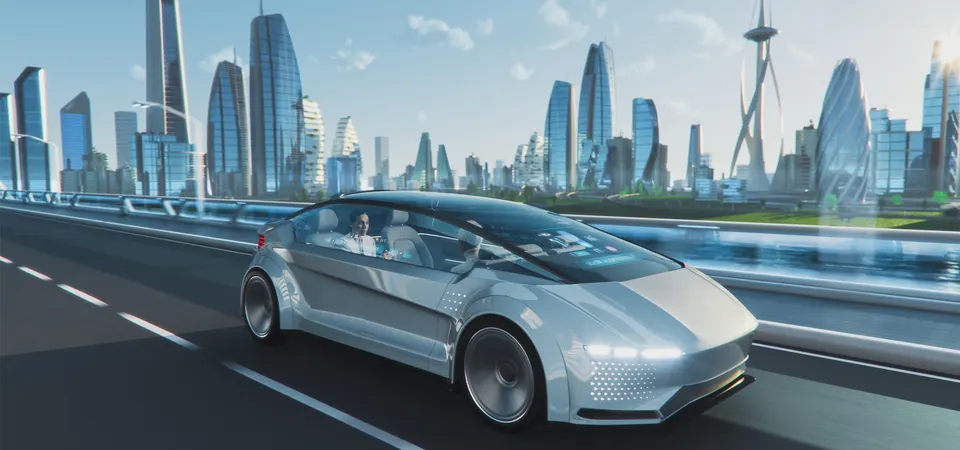45Views

Autonomous vehicles hold incredible promise to save lives on America’s roads, but until laws catch up to this technological advance it’s essential to understand how autonomous vehicles may impact DUI charges.
As autonomous vehicles become more widely adopted, they pose numerous legal considerations – one being how their proliferation will alter DUI laws.
How Driverless Cars Will Change Drunk Driving Laws
Local governments rely heavily on revenue generated from traffic tickets as an important part of their budgets, yet with autonomous vehicles’ advent this number may decrease significantly. Unfortunately, however, some experts fear they might cause unintended side effects such as reduced arrest rates for drunk driving and skyrocketing auto insurance rates.
Drunk driving is a health hazard that leads to numerous traffic accidents each year, involving impaired judgment and reflexes due to alcohol or drugs intoxication. Although many states have laws in place against drunk driving, what happens when drunk drivers use autonomous cars while impaired? Autonomous cars offer an exciting potential solution, yet it is essential that individuals understand how their level of autonomy impacts DUI laws before purchasing such a car – see below for some key considerations.
Levels of Autonomy
In most states, those sitting in the driver’s seat are legally considered the operator of their vehicle and can face DUI charges if found to be under the influence. This applies even when parking the car – meaning a DUI arrest could even apply even though no traffic was actually running through its path.
Cars currently fall into three levels, from zero to three, of autonomous vehicle development. These vehicles require full driver engagement, with features designed only to alert or temporarily assist – such as adaptive cruise control or lane-departure warning – available.
While these systems can help to reduce some accidents, lawmakers will still need to adapt DUI laws accordingly and take into account human motor skills and behavior rather than machine function when setting laws against drunk driving. Doing this may help avoid false positives and maintain low drunk driving rates. Level 4 autonomy represents the first step toward developing fully autonomous vehicles capable of operating themselves without human input; Cruise and Waymo robotaxis operate using this level; however it needs further development for handling all potential scenarios on the road.
Level 4 Autonomy
Although many may believe self-driving cars will help eliminate DUI charges, the truth is more complex. Since current DUI laws rely heavily on human drivers being impaired, new laws will likely need to be created specifically for vehicles with autonomous systems.
While companies such as Tesla claim they are close to reaching Level 4 autonomy, they still require an operator in the driver seat to ensure they can control the vehicle at any given moment. Whether or not that person will be considered as having potential control of the vehicle will depend on what constitutes potential control.
Situations may arise where the vehicle encounters unfamiliar or complex environments that it doesn’t know how to respond to, such as construction zones or traffic signals that don’t clearly mark their intentions; in these instances, having someone take control of the vehicle and manage these scenarios accordingly would be essential.
Level 5 Autonomy
The final level of autonomy is perhaps the most promising because it means cars won’t require drivers at all – something Waymo is already testing with their automated taxis that operate on this level.
Once in motion, you can read or play games while the car drives itself. Alternatively, napping may be possible; simply pull over when too tired to drive safely and the car will pull over automatically.
Unfortunately, this technology has yet to hit the roads; until that day comes around, New York and other states will treat you just like any other motorist in regard to DUI laws.
Driving while impaired is a serious offense that can have lasting repercussions for your employment, finances and personal reputation. If you have been charged with DUI in an autonomous vehicle, seek legal representation immediately.



